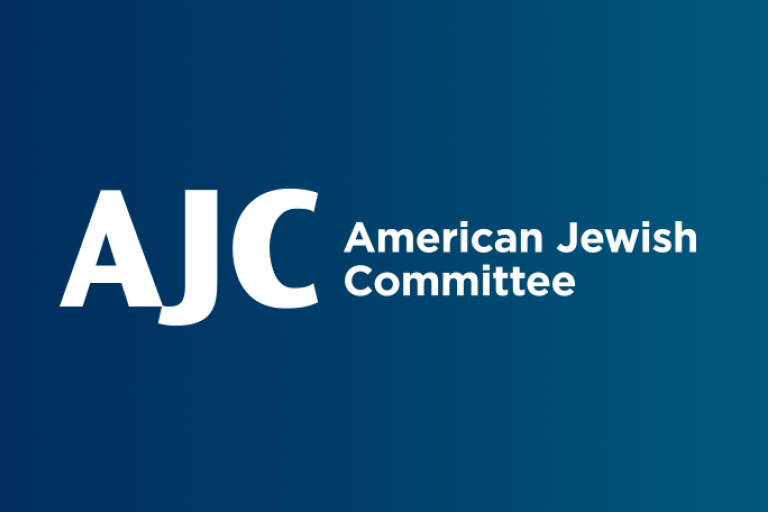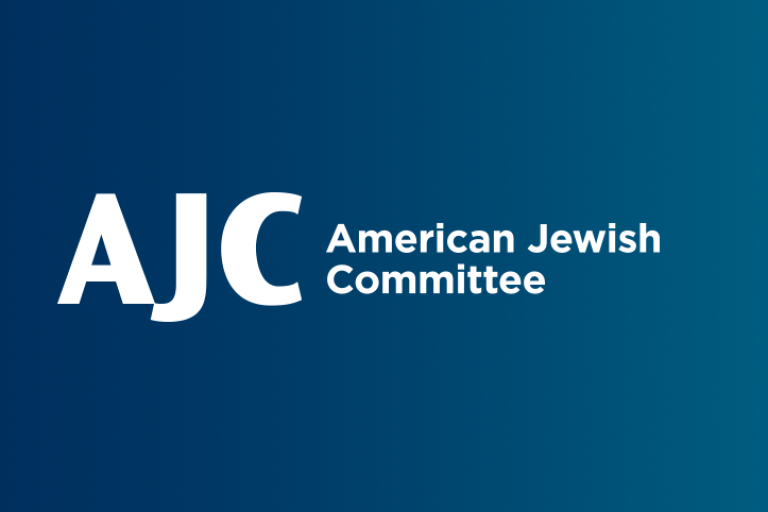June 17, 2020 — Dallas, Texas
This piece first appeared in Texas Jewish Post.
By Amy Berger
On June 19, 1865, two months after the Civil War ended in Confederate surrender and two and a half years after the Emancipation Proclamation, news reached Galveston, Texas — slavery was abolished. Today, Black Americans across the United States celebrate the anniversary in a commemoration known as Juneteenth. American Jewish Committee (AJC) stands with the African American community in recognition of the significance of Juneteenth and with shared aspirations of achieving equal rights for all in the pursuit of the American Dream.
Although the promise of independence reached Texas 155 years ago, we have work ahead of us if racial justice and equality are to be reached. We are reminded of the startling inequities by the recent murders of George Floyd, Breonna Taylor, Ahmaud Arbery, and Rayshard Brooks, among numerous others. In a recent AJC statement, it was noted, “Now, as we mourn yet another needless death of an African American in police custody, we and our fellow citizens confront once again the most fundamental questions about our society, the enduring gap between its principles and lived realities, and what additional steps we must take to fulfill its laudable promise.” AJC stands in solidarity with the Black community and rededicates itself to the pursuit of racial equality.
AJC was founded to help keep Jews safe; however, in the words of Jewish poet Emma Lazarus, which are inscribed on the Statue of Liberty: “Until we are all free, we are none of us free.” Or, as the Rev. Dr. Martin Luther King Jr. put it 75 years later, when speaking to a Jewish audience in 1958: “Our unity is born of our common struggle for centuries…to make oppression of any people by others an impossibility.”
On June 12, AJC participated in a conversation hosted by the Congressional Caucus on Black-Jewish Relations. The bipartisan caucus, which was launched at the AJC 2019 Global Forum in Washington, D.C., is co-chaired by Representatives Will Hurd (Texas), Brenda Lawrence (Mich.), John Lewis (Ga.), Debbie Wasserman Schultz (Fla.), and Lee Zeldin (N.Y.). Together with members of Congress, and national leaders of Jewish and Black organizations, the conversation focused on how civil society leaders can partner with legislators to dismantle systemic racism.
While there is no easy or singular fix to combat longstanding issues, AJC’s policy recommendations presented to the Black-Jewish Caucus include:
• Creation of a national taskforce to examine systemic inequities
• Passage of the NO HATE Act to improve hate crime reporting
• Law enforcement reforms to include creation of a database of police violators, civilian oversight of local police departments, and de-escalation and anti-bias training for local police departments
• Financial and resource allocation to redress stubborn inequities and indignities
• Educational resources on American racism
• Government and police action to address white supremacy
The Jewish community has a strong history of standing with the Black community during the civil rights movement. Many recall the image of Rabbi Abraham Joshua Heschel arm-in-arm with Dr. King at the historic march in Selma, Alabama. Now is the time for us to revitalize that solidarity.
In a recent conversation with an AJC audience, Dr. Lonnie Bunch, the founding director of the National Museum of African American History and Culture and the current secretary of the Smithsonian, spoke of the common enemy facing Blacks and Jews.
“There is a growing sense of white nationalism and if you listen to the people who espouse that, the hatred is really toward immigrants, Blacks, and Jews,” said Bunch on an AJC Advocacy Anywhere webinar. “In many ways, it’s really incumbent on us to do some of the work we’ve done in the past, which is to illuminate all the dark corners of the American experience, to make sure people are clear about what these racists stand for. But also how do we come together to create the kind of platforms that allow us to bring the support in, to provide legal challenges, to help people who combat this? I think this is a real good time for Blacks and Jews to say it’s our time again and join hands to fight for a better country.”
AJC Dallas encourages all Jews, particularly Jewish Texans, to acknowledge the Juneteenth holiday and what it represents for the promise of freedom and racial equality. To reiterate Dr. Bunch’s sentiments, it is our time again.
Amy Berger is assistant director of AJC Dallas can be reached at bergera@ajc.org.


